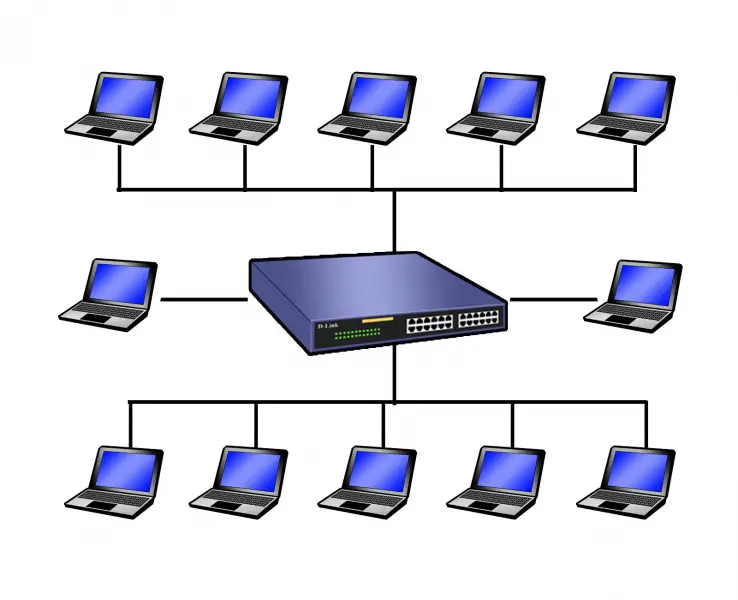Internet Routers – Basic Info, Features and Best Buys
A router is a device that connects multiple computer networks. Most often, when we think of routers, we think of the devices we have in our homes that allow us to connect to the internet wirelessly from a number of different computers or other mobile devices. Home wireless routers are connected to our modems, and thus, allow us to connect to the Internet using WiFi in our homes.

Routers basically work by directing packets of data where it should be sent. This is how you are able to send and receive data over the Internet without being directly connected to your modem. Today routers come with security features including firewalls, which allow an additional layer of protection to your devices when sending and receiving information over the internet.
There are many different types of routers out there; choosing the one best for you depends on what type of internet connection you have, and how much speed and range you need.
Depending on the type of internet connection you have and what you need to do with your network, you may need a DSL router, cable router, or FDDI router.
A DSL router converts a phone signal to an Ethernet signal. This allows it to send and receive data between a number of computers.

A cable router is made for use with a cable internet connection. The router sends and receives data from your cable service, and the information is then sent wirelessly to the computer that requested the information.
FDDI routers are suited towards businesses that have high-speed fiber optic connectivity. The FDDI router receives information through fiber optic cables and then transmits them to either the appropriate computer, or even another network. FDDI (Fiber Distributed Data Interface) is an excellent choice for companies that do business over long distances or have employees who work remotely. FDDI routers allow you to connect multiple machines, within a physical location of some 100 miles, and to transmit data at speeds of 100 megabits per second.
Chances are, you are more likely to be in the market for either a DSL or cable router. So now let’s look at the speed, range, and levels of interference.
Referred to as 802.11, these are a set of standards for wireless network communication across a variety of frequency bands. The two most commonly available frequency bands supported by these standards are 802.11g and 802.11n. Both have their pros and cons, so we will take a brief look at each, individually.
802.11g is the standard that has been in place since 2003. Operating on the 2.4 GHz frequency band, these standards provide for speeds up to 54 megabits per second. A downside to the more common 802.11g frequency band is that it is more prone to interference than 802.11n. With more and more wireless devices entering our homes each day, these interference are becoming more of an issue. This frequency band is shared with a number of other mobile devices and services such as cell phones and Bluetooth devices – even wireless keyboards and mouse!
802.11n is the newest set of standards and was put in place in 2009. 802.11n operates on both, 2.4 GHz and 5 GHz frequency bands. The 5 GHz frequency band is one of the lesser used bands, and should provide less interference in data transmission. However, due to the unfinalized nature of the standards, as it stands now, 802.11n transmissions may interfere with 802.11g and other earlier versions. 802.11n is faster, offering speeds of up to 700 megabits per second. A major downside of 802.11n is that it is more expensive than earlier versions and the standards for this protocol have not been finalized. However, it does offer the fastest speeds with the least amount of interference.
The companies that provide the highest quality routers in a reasonable price ranges are Linksys/Cisco (Cisco recently bought Linksys), Belkin, and Netgear.
Use these tips to make an informed decision on the wireless router that will best suit your needs. While there is no perfect router out there – technology always has its downfalls. There are plenty of choices that will allow you to find something that works for you.

















